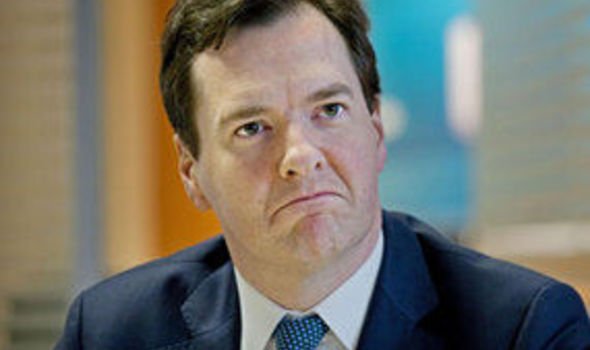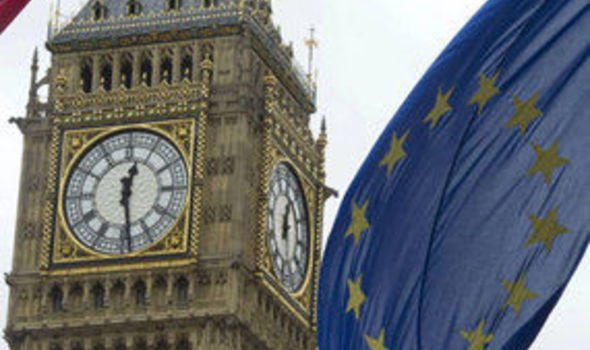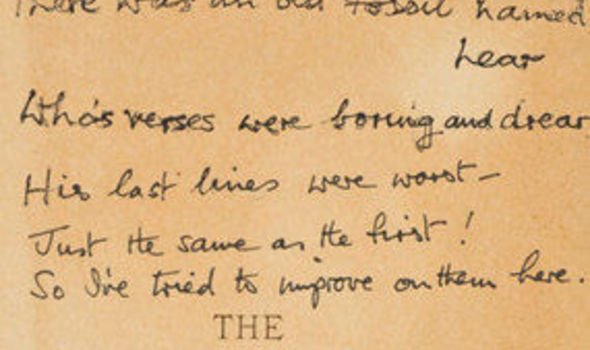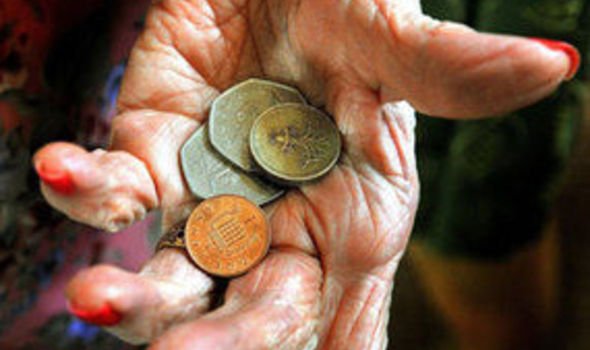"Sure, some of the other puppets got too close to Mr Murdoch. But I was careful to keep him at string's length"
Something’s been troubling me about the Leveson inquiry. Actually, there are quite a few things that have been bugging me, most recently the remarkable similarity between forensic lead counsel Robert Jay, and Oddjob Junior from the film Carry on Screaming. So much so that when that protester burst in on Tony Blair I was half expecting Jim Dale to leap up and start demanding “What have you done with my Doris!”
But that’s a digression. What’s really been confusing me is this; every politician who has given evidence to Lord Leveson has expressed their deep concern over the destructive sway the press, and in particular the Murdoch press, holds over our political system. There’s now a consensus across the political spectrum; hobnobbing with Rupert and his chums is a very bad thing to do.
“We all did too much cosying up to Rupert Murdoch,” said David Cameron. “Yes,” replied Tony Blair when asked if his own relationship had been too close. The “personal relationships between Mr Blair, Mr Brown and Rupert Murdoch became closer than was wise,” admitted Peter Mandelson. "In retrospect we all should have been more wary about our relationships with them,” conceded Ed Miliband.
Pretty clear cut, then. All our senior statesmen admit they were at it. Well, all of them with the exception of Gordon Brown. He didn’t get too close, he claimed yesterday. Far from it. He kept his distance. Well, he didn’t quite keep his distance. He met with Murdoch about a dozen times. But that was his “duty”, and he didn’t like doing it. Although, come to think of it, he did, because he and Rupert got on well, they had the same Scottish Presbyterian upbringing. But Murdoch had done some terrible things to Brown, and his family. But he hadn’t declared war on him. His response had been to sort out some girlie sleepovers for Rupert’s senior editorial staff instead.
You know what, let’s forgot Gordon Brown’s evidence for the moment. The case stands. All the senior politicians, by their own admission, got too close to Murdoch and his malign sphere of influence.
But here’s the paradox. All of the politicians concede Murdoch’s influence was negative. Yet apparently none of them were actually influenced by him.
"The idea of some grand bargain between me and Rupert Murdoch, that is not true," said David Cameron. "I do not do things or change my policies to suit this proprietor or that proprietor. That is not the way I work, and I will say that under oath.” “There was no deal on issues to do with the media with Rupert Murdoch or indeed with anybody else, either express or implied, and to be fair, he never sought such a thing,” claimed Tony Blair. There was no “Faustian pact”, insisted Peter Mandelson: “In my view and from my experience and knowledge of the time, there was no deal, express or implied, between any proprietor and any leading politician for the Labour Party.” “There is a world of difference between being too close to the Murdochs and the kind of pattern of behaviour that we have seen revealed in the last few days at Leveson,” said Ed Miliband, the butter firmly retaining its consistency while nestling safely in his jaw.
So what precisely is all the fuss about then? Rupert Murdoch’s malign influence wasn’t in fact malign at all. In fact, it was non-existent. He had no influence. None.
According to every single politician who has placed their hand on Lord Justice Leveson’s Bible, not one policy was changed at his request. Not a single favour was traded for his endorsement. In fact, Rupert Murdoch seemingly didn’t even ask for any favours.
According to the Prime Minister, who set up this lengthy and costly inquiry into “the relationship between press and politicians”, there’s nothing wrong with that relationship. Oh there was, back when those lily-livered sycophants Blair and Brown were rolling over and asking Uncle Rupert to tickle their tummies. But not now, not with honest Dave and George on the scene. According to Tony Blair, the media is a “feral beast” indulging in 24-hour, round-the-clock "impact journalism". But it magically had no impact on him. Or at least no inappropriate impact on his policy agenda when he was Prime Minister. As far as Ed Miliband is concerned, the power abuses between the politicians and the press, which the Leveson Inquiry is now exposing as a result of his doughty campaigning, have been going on for no more than 24 months. For the previous 13 years the Government in which he served stood as a bulwark against them. And Gordon Brown fought like a Trojan to safeguard the national interest against Murdoch and his rapacious, though solidly Presbyterian, business practices. We know this, because Gordon Brown told us he did.
It’s embarrassing. Under oath, our country’s most senior statesman are asking us to accept the following. Rupert Murdoch was the world’s most powerful media magnate. His use of his power threatened, indeed continues to threaten, the very fabric of our democracy. Yet when confronted by them personally, and them alone, his power suddenly vanished, like Superman faced with a block of Kryptonite. This man who had bent all other mortals to his will, took one look and thought: “Nah, not today. That Tony/Gordon/Dave/Ed; he’s too much for me to handle. I’ll just wait for the next guy. Then my plans for global domination can get back on track.”
Some people have been on tenterhooks over the last few days, waiting for the parade of the politically great and good. Not me. I’ve had enough of the whole charade. All I want to know now is when’s Jim Dale turning up. And what has Robert Jay done with Doris?









